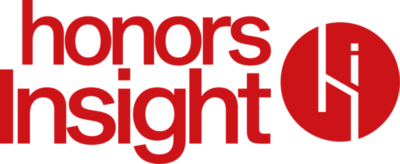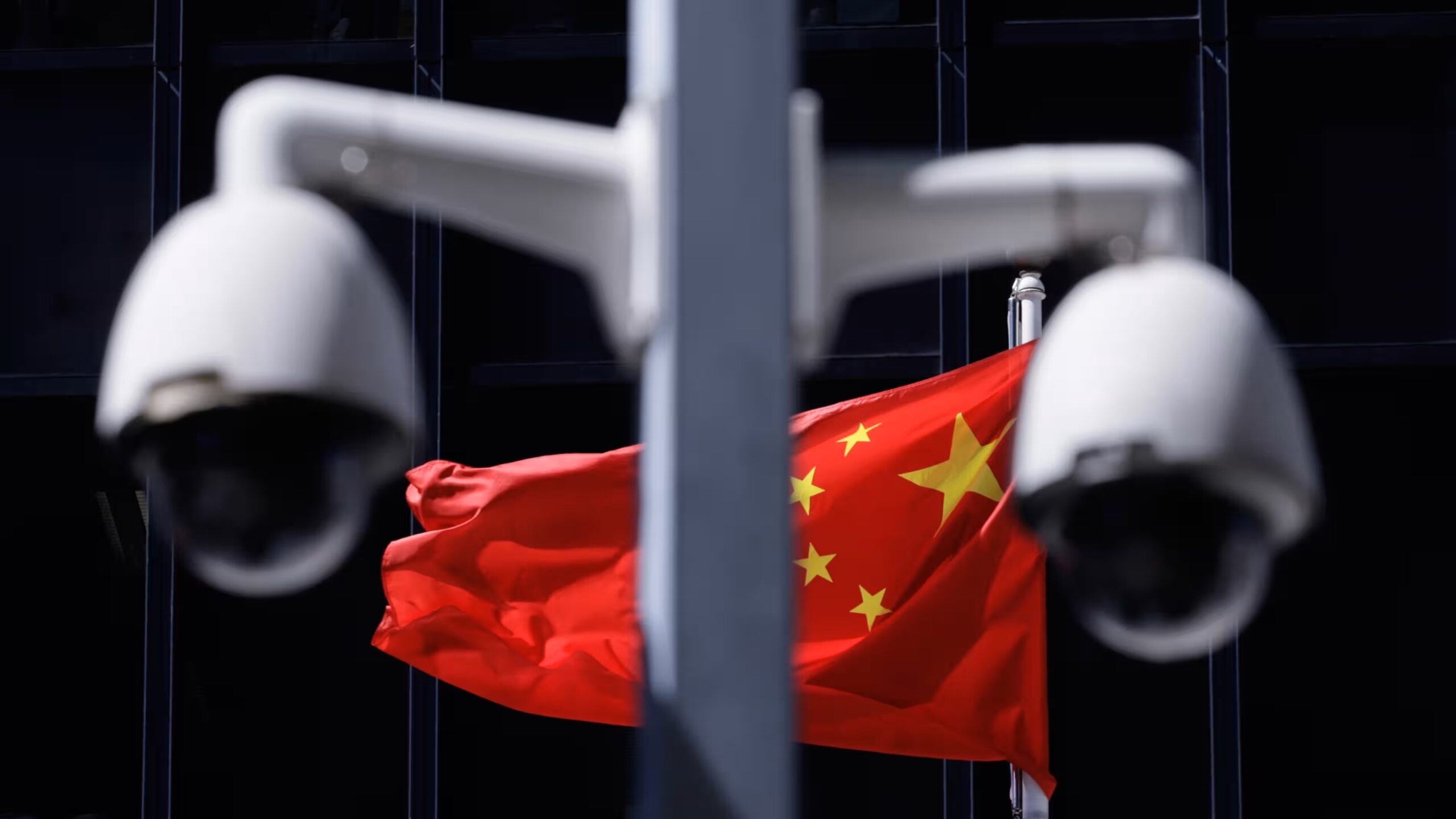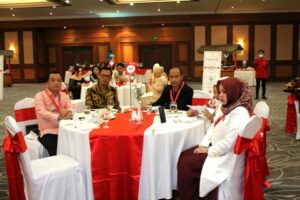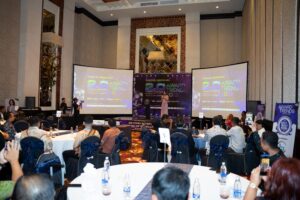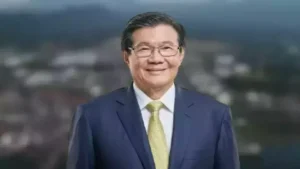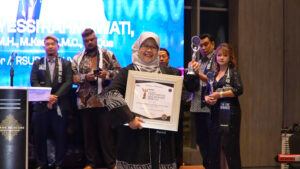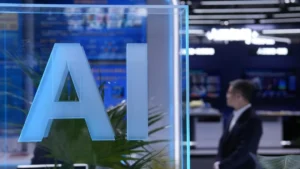Hong Kong – A concerning pattern of targeted tax audits has surfaced in Hong Kong, triggering renewed scrutiny over the territory’s deteriorating press freedom and the broader trajectory of civil liberties across Asia. At least 20 journalists, several independent news outlets, and their families have reportedly been subjected to extensive and irregular scrutiny by the Inland Revenue Department (IRD), raising allegations of institutionalized intimidation.
Selina Cheng, head of the Hong Kong Journalists Association (HKJA), described the audits as “unreasonable” and “systematic,” citing examples of fabricated company registration numbers, false income assessments, and retroactive audits for non-existent fiscal activity. In one case, a journalist was billed for a company that hadn’t yet been founded in the year being audited.
“This is not routine tax enforcement—it is pressure by other means,” Cheng stated in a press conference, underscoring the chilling effect on editorial independence and professional focus.
Media outlets such as InMedia HK and the Hong Kong Free Press (HKFP) have also been affected. HKFP’s founder Tom Grundy noted that the odds of such audits being random were “astronomically low,” especially given their simultaneous targeting of nearly all independent media. Despite maintaining transparent records and swift compliance, the outlet is enduring a resource-draining audit process that has spanned over a year.
The IRD has denied any political motivation, stating that profession or industry does not influence audit selection. Yet, the growing frequency of pressure tactics against journalists—ranging from tax probes to sedition charges and surveillance—suggests a more coordinated shift in policy enforcement since the implementation of the national security law in 2020.
Hong Kong, once a bastion of press autonomy in the region, has plummeted in the World Press Freedom Index from 80th place in 2021 to 140th in 2024. This decline mirrors wider regional trends, where press freedoms are being recalibrated under rising state controls.
Policy experts warn that such tactics could normalize regulatory overreach as a governance tool. “Hong Kong is becoming a case study in how financial and legal systems can be weaponized to enforce ideological alignment,” one regional analyst noted.
As Asia redefines its political and media landscapes, Hong Kong’s trajectory offers a stark preview of how statecraft, regulation, and freedom of information may intersect—and collide—in years to come.
